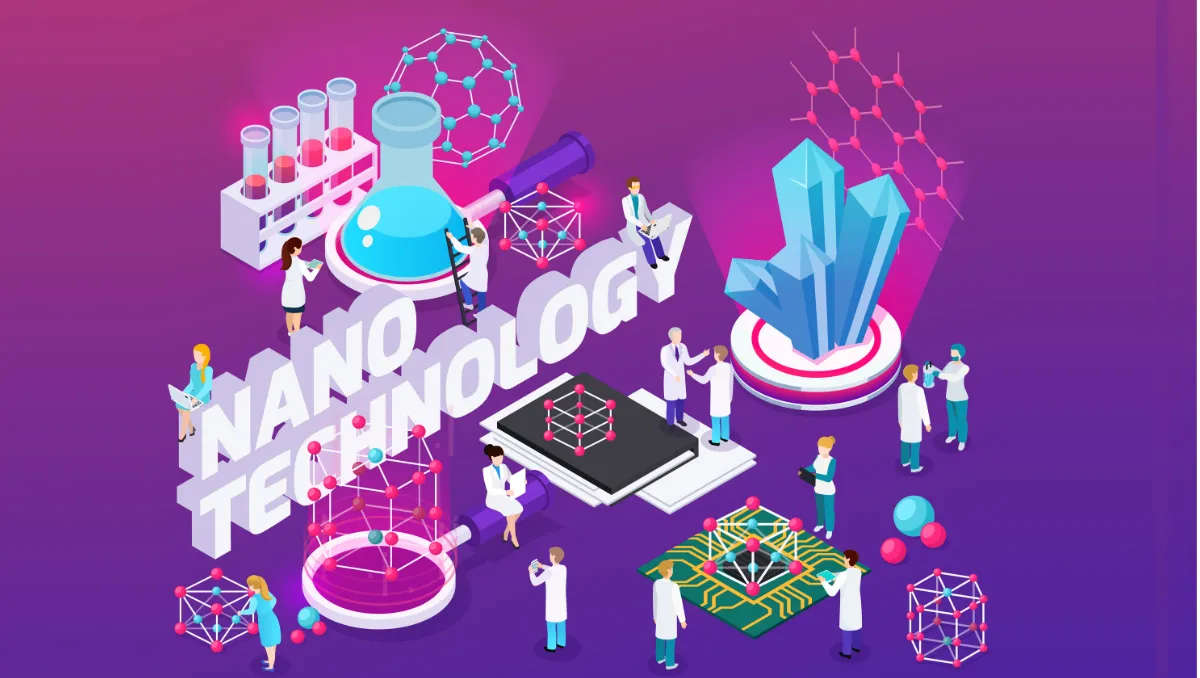Table of Contents
Best Nanotechnology: Exploring the World of the Small

Nanotechnology is a fascinating field of science that deals with the study of materials and devices at the atomic and molecular levels. It has many applications and has the potential to revolutionize several industries. In this blog, we will explore the world of the small and the many exciting possibilities of nanotechnology.
Introduction
Nanotechnology involves working with materials at the nanoscale, which is one billionth of a meter. At this scale, the properties of materials are different from those at the macroscale, and new materials and applications become possible. It is a multidisciplinary field that includes biology, engineering, chemistry, and physics.
Nanotechnology in Medicine
The use of nanotechnology in medicine is among its most promising applications. Nanoparticles can be designed to target specific cells, allowing for targeted drug delivery. They can also be used to create medical devices and sensors that can detect diseases and monitor the health of patients. Nanotechnology is also being used to develop artificial tissues and organs, which could potentially solve the problem of organ shortages for transplant surgeries.
Nanotechnology in Electronics
Nanotechnology is also revolutionizing the electronics industry. It is possible to make smaller and more powerful devices, such as transistors and memory chips, by using nanoscale materials. This has led to the development of smaller and more efficient electronic devices, such as smartphones and laptops. Nanotechnology is also being used to create new types of displays, such as flexible and transparent screens, which have many potential applications.
Nanotechnology in Energy
Another exciting application of nanotechnology is in the field of energy. Solar panels made with nanoparticles are more efficient at converting sunlight into electricity than traditional solar panels. Nanotechnology is also being used to develop better batteries and fuel cells that are smaller, more powerful, and longer-lasting. This could lead to widespread use of renewable energy sources and a reduction in our reliance on fossil fuels.
Potential Risks of Nanotechnology
Despite its potential benefits, there are also some risks associated with nanotechnology. There is a concern that nanoparticles could be harmful to human health and the environment. They can easily enter the body through inhalation, ingestion, or skin contact. Studies are underway to investigate the potential health risks of nanoparticles, and it is important to regulate their use to ensure safety.
Conclusion
Nanotechnology is a rapidly growing field that has the potential to revolutionize several industries, including medicine, electronics, and energy. It has already led to many exciting applications, from targeted drug delivery to more efficient solar panels. However, we must also be mindful of the potential risks and work to ensure that nanotechnology is used safely and responsibly. As research in this field continues to advance, the possibilities of nanotechnology are truly limitless.



